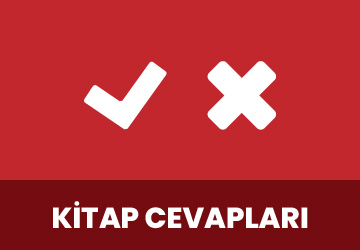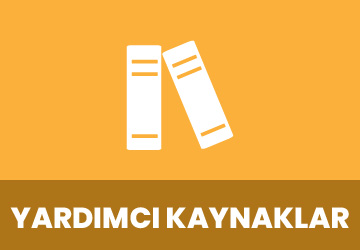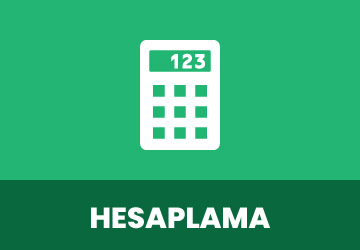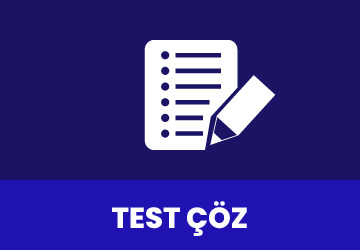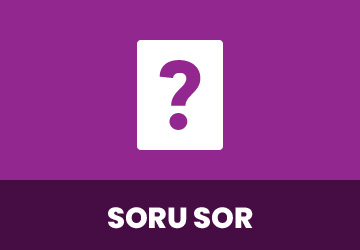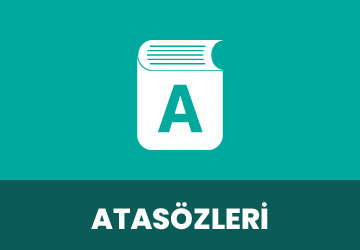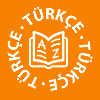
İngilizce Meb Yayınları Yes You Can B1.2 Ders Kitabı Sayfa 108 Cevabı
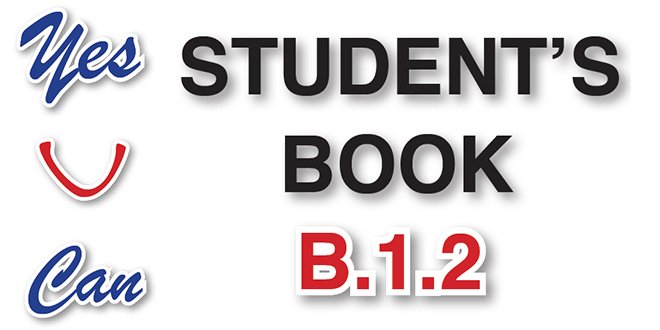

İngilizce Meb Yayınları Yes You Can B1.2 Ders Kitabı Sayfa 108 Cevabı
2017 – 2018 Eğitim Öğretim dönemiyle beraber pek çok ders ve çalışma kitabı değişti. Değişen ders kitaplarından biri de “İngilizce Meb Yayınları Yes You Can B1.2 Ders Kitabı Cevapları” oldu. Kitabı incelediğimizde ise Cansu ÇAĞLAR, Esra Emel, HOYRAZ Havva ARSLAN tarafından 121 sayfa olarak kaleme alındığını görüyoruz. Kitapta görseller ön plana çıkarılmış ve görsel tasarım ise Beyza DİRİK tarafından yapılmış.
“İngilizce Meb Yayınları Yes You Can B1.2 Student’s Book Sayfa 108 Cevapları“nda önce sorular yazıldı daha sonra cevaplar verildi.
SORULAR
♦ PRESENT PERFECT TENSE
The present perfect simple expresses an action that is stili going on or that stopped recently, but has an influence on the present. İt puts emphasis on the result.
This tense is formed as:
Subject + have/has + V3……………………….
Subject
Positive
Negative
Ouestion
1 / We / You They
1 have finished my work.
1 have not finished my work.
Have 1 finished my work?
He/She/lt
He has finished his work.
He has not finished his work.
Has he finished his work?
We use the present perfect tense:
• for something that started in the past and continues in the present:
They’ve been married fornearlyfiftyyears.
She has lived in Liverpool all her life.
• for something we have done several times in the past and continue to do:
l’ve piayed the guitareversince I was a teenager.
He has written three books and he is working on another one.
• when we are talking about our experience up to the present:
Note: We often use the adverb ever to talk about experience up to the present:
My last birthday was the best day I have ever had.
Note: and we use never for the negative form:
A : Have you ever met George?
B : Yes, but l’ve nevermethis wife.
• for something that happened in the past but is important at the time of speaking:
I can’tget in the house. l’ve lost mykeys.
Mymotherisn’t at home. I think she has göne shopping.
I’m tired out. l’ve worked all day.
• We use the present perfect of be when someone has göne to a place and returned:
A : Where have you been?
B : l’ve justbeen out to the süpermarket.
A : Have you ever been to Cambridge?
B : No, butl’ve been to Oxford.
• Butwhen someone has not returned we use have/has göne:
A : WhereisMaria?lhaven’tseenherforweeks.
B : She’s göne to Paris fora week. She’ll be back tomorrow.
• We often use the present perfect with time adverbials which refer to the recent past:
(just; only just; recently)
We have just got back from our holidays.
108
İngilizce Meb Yayınları Yes You Can B1.2 Ders Kitabı Sayfa 108 Cevabı

